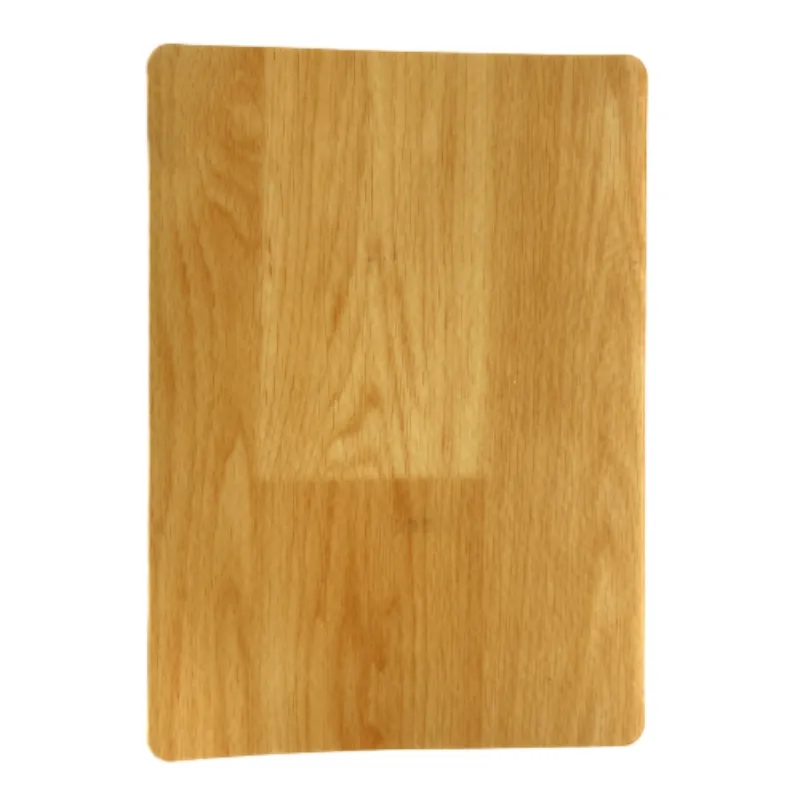- Afrikaans
- Arabic
- Belarusian
- Bengali
- Croatian
- Czech
- Danish
- Dutch
- English
- Estonian
- Finnish
- French
- Georgian
- German
- Greek
- hawaiian
- Hungarian
- Indonesian
- irish
- Italian
- Japanese
- kazakh
- Khmer
- Korean
- Kyrgyz
- Lao
- Latin
- Macedonian
- Malay
- Mongolian
- Myanmar
- Norwegian
- Persian
- Polish
- Portuguese
- Romanian
- Russian
- Serbian
- Spanish
- Swedish
- Tagalog
- Thai
- Turkish
- Turkmen
- Ukrainian
- Urdu
- Uzbek
- Vietnamese
- Zulu
commercial flooring material
Understanding Commercial Flooring Materials A Comprehensive Guide
When it comes to designing and maintaining commercial spaces, one of the most critical decisions revolves around flooring materials. The choice of flooring not only impacts the aesthetic appeal of a space but also influences functionality, safety, maintenance, and cost. This article explores various commercial flooring materials, their advantages, and considerations for businesses planning renovations or new constructions.
1. Carpet Tiles
Carpet tiles are a popular choice in commercial interiors, particularly in offices and retail environments. They offer a versatile design aesthetic, allowing for various patterns and colors that can enhance branding and interior style. One significant advantage of carpet tiles is their ease of installation and replacement. If a section becomes stained or damaged, just the affected tiles can be replaced without needing to rip up the entire floor. Additionally, carpet tiles offer excellent acoustic insulation, reducing noise levels, which is essential in busy environments.
2. Vinyl Flooring
Luxury vinyl tiles (LVT) and sheets are popular in commercial settings due to their durability and low maintenance requirements. Vinyl flooring can mimic the appearance of wood, stone, or other materials, offering aesthetic value without the associated costs or maintenance. It is resistant to water and stains, making it an excellent choice for areas prone to spills, such as restaurants and hospitals. Furthermore, advancements in vinyl technology have led to products that are both cushioned for comfort and durable enough to withstand heavy foot traffic.
Laminate flooring combines affordability with durability, making it an attractive option for many commercial settings. It is constructed from multiple layers, including a core layer made from high-density fiberboard, which provides stability and resilience. Laminate is relatively easy to install and can be found in a wide array of styles and finishes. While it is not as moisture-resistant as vinyl, laminate can still perform well in moderately humid environments. Its wear layer protects against scratches and stains, making it suitable for busy areas.
commercial flooring material

4. Hardwood Flooring
Hardwood flooring exudes a classic elegance that can elevate the ambiance of any commercial space, particularly in high-end retail or hospitality venues. While more expensive than other options, its longevity and timeless appeal often make it a worthy investment. Hardwood can be sanded and refinished over time, allowing for ongoing maintenance and restoration. However, it is essential to consider the care required and the potential for damage in high-traffic areas; choosing the right wood species and finish can mitigate these issues.
5. Concrete Flooring
Concrete flooring has gained popularity in modern commercial design due to its industrial aesthetic and extreme durability. It is highly customizable, as it can be stained, polished, or coated to achieve various looks. Concrete is also resistant to moisture and heavy loads, making it ideal for warehouses, auto shops, and large retail spaces. However, its cold and hard surface may not be the most comfortable choice for areas meant for prolonged human traffic without proper area rugs or seating solutions.
6. Rubber Flooring
Rubber flooring is an excellent choice for environments that require slip resistance and shock absorption, such as gyms, schools, and healthcare facilities. It is available in tiles or rolls and comes in various colors and styles. Rubber is durable, easy to clean, and inherently resistant to mold and mildew. Additionally, it provides a comfortable underfoot experience, reducing fatigue for employees and visitors alike.
Conclusion
Selecting the right commercial flooring material is crucial for achieving the desired balance of aesthetics, functionality, and durability. Each material offers unique advantages and considerations that can affect daily operations, maintenance, and long-term satisfaction. By carefully assessing the specific needs of the business and understanding the characteristics of each flooring option, decision-makers can create environments that enhance both employee productivity and customer experience. Whether opting for the warmth of carpet tiles, the practicality of vinyl, or the elegance of hardwood, the right flooring choice can significantly impact the overall success of a commercial space.
-
Benefits of PP Interlocking Floors for Gym SpacesNewsJul.08,2025
-
Durability Testing for Interlocking Sports Floor TilesNewsJul.08,2025
-
Overview of Tennis Court Flooring MaterialsNewsJul.08,2025
-
Portable Basketball Floor SystemsNewsJul.08,2025
-
Eco-Friendly Badminton Court Flooring OptionsNewsJul.08,2025
-
Durability Testing for PVC Floor Mat RollsNewsJul.08,2025
-
Top Materials Used in Tennis Court FlooringNewsJul.03,2025

